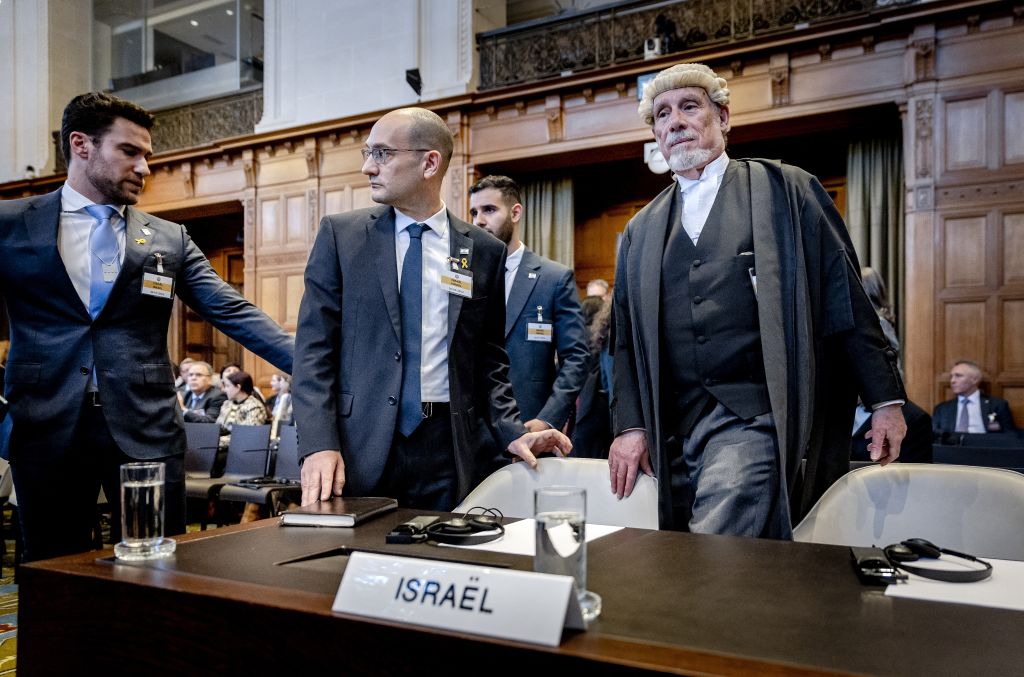Yesterday, the International Court of Justice (ICJ) delivered an interim ruling on South Africa’s genocide case against Israel. Its decision is likely to please neither side of the debate, but seems broadly balanced: it criticised Israel, but failed to demand a suspension of the conflict.
The court, which sits in The Hague, was formed in 1945 and is one of the principal organs established by the Charter of the United Nations. It is the UN’s highest court.
On 29 December, South Africa brought its proceedings in the ICJ under Article 9 of the Genocide Convention of 1948. It claimed that Israel was engaging in genocidal acts against the Palestinian people in Gaza. The Convention provides that genocide is to be defined as acts ‘committed with the intent to destroy, in whole or in part, a national, ethnical, racial or religious group.’ These acts include killing, or causing serious bodily or mental harm, to members of the group; deliberately inflicting on the group conditions of life calculated to bring about its physical destruction in whole or in part; and imposing measures intended to prevent births within the group.

Britain’s best politics newsletters
You get two free articles each week when you sign up to The Spectator’s emails.
Already a subscriber? Log in






Comments
Join the debate for just £1 a month
Be part of the conversation with other Spectator readers by getting your first three months for £3.
UNLOCK ACCESS Just £1 a monthAlready a subscriber? Log in